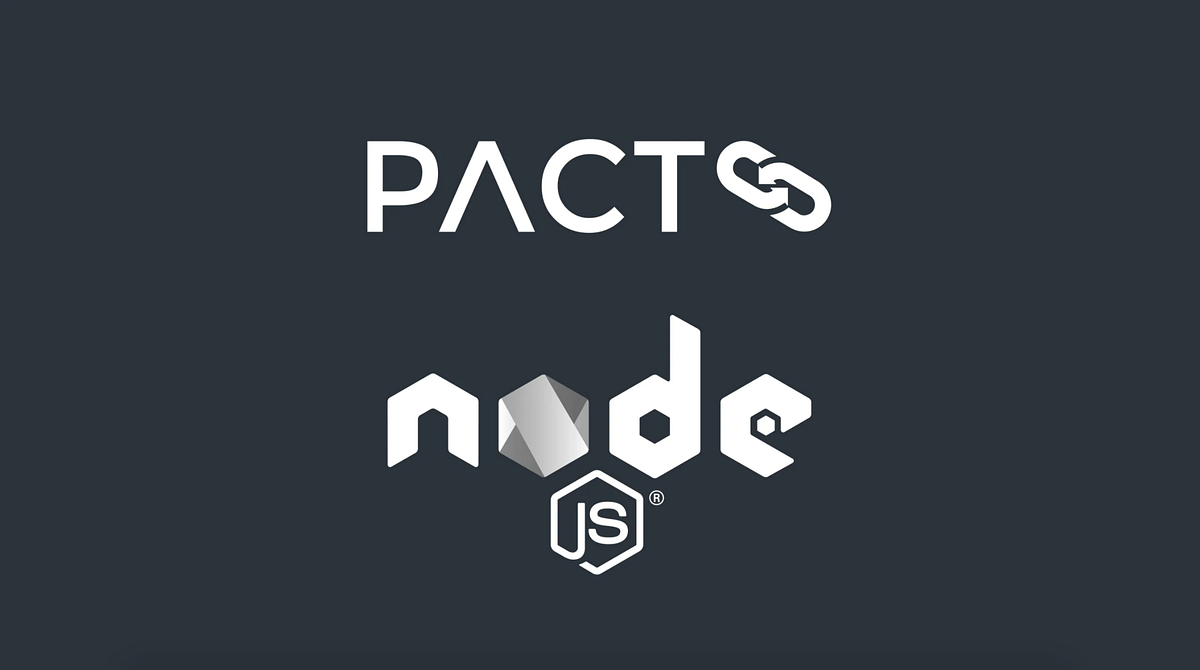In this article, you’ll learn more about contract testing and how to use Pact to verify and ensure your Node.js microservices’ API compatibility.
Ensuring API compatibility in distributed systems
The use of microservices is growing in popularity for good reasons.
They allow software teams to develop, deploy, and scale software independently to deliver business value faster. Large software projects are broken down into smaller modules, which are easier to understand and maintain.
While the internal functionality of each microservice is getting simpler, the complexity in a microservice architecture is moved to the communication layer and often requires the integration between services.
However, in microservice architectures, you often find service to service communication, leading to increased complexity in the communication layer and the need to integrate other services.

Figure 1: Distributed systems at Amazon and Netflix
Traditional integration testing has proven to be a suitable tool to verify the compatibility of components in a distributed system.
However, as the number of services increases, maintaining a fully integrated test environment can become complex, slow, and difficult to coordinate.
The increased use of resources can also become a problem, for example when starting up a full system locally or during continuous integration (CI).
Contract testing aims to address these challenges — let’s find out how.
#nodejs #pact #microservices
